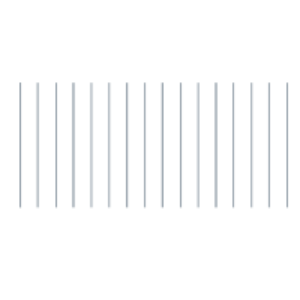Mapping Africa Transformations
Gender
West Africa faces some of the highest levels of gender inequality globally, impacting all areas of life. Despite these challenges, women emerge as powerful agents of change. Their resilience and leadership drive progress, foster growth, and inspire transformation. Leveraging data and analysis can guide efforts to unlock their potential, creating more equitable and thriving communities for all.
MAPTA analyses data on suicide attacks carried out by gender, using information from the Armed Conflict Location & Event Data Project (ACLED). Between 2014-2024, women were involved in carrying out 23% of suicide attacks in the region. These attacks peaked in 2015, during the height of Boko Haram’s military campaign, before declining sharply as the group lost control over northern Nigeria.
The report Femmes et conflits en Afrique de l’Ouest provides broader insights into the ways women engage in violence including recruiting new members or advancing the objectives of violent organisations. Together, these analyses shed light on the multifaceted roles women play in conflict dynamics.
Suicide attacks carried out by gender
ACLED uses the most conservative estimates available for fatalities, with data limitations explained here.

